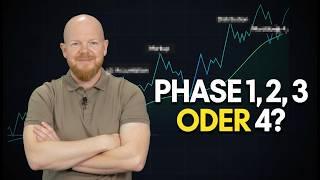| Donald Trump will inherit a tangle of conflicts in the Middle East; will he deliver on his promise to “stop the wars”? That will depend on who has his ear (https://www.economist.com/middle-east-and-africa/2024/11/07/will-donald-trump-stop-the-wars-in-the-middle-east?utm_campaign=a.io&utm_medium=audio.podcast.np&utm_source=theintelligence&utm_content=discovery.content.anonymous.tr_shownotes_na-na_article&utm_term=sa.listeners). Our correspondent says the way to better rehabilitate people in British prisons is to take some of them out (https://www.economist.com/leaders/2024/10/24/decarceration-is-the-key-to-better-prisons?utm_campaign=a.io&utm_medium=audio.podcast.np&utm_source=theintelligence&utm_content=discovery.content.anonymous.tr_shownotes_na-na_article&utm_term=sa.listeners) (10:33). And our obituaries editor on the staggeringly productive career of Quincy Jones (https://www.economist.com/obituary/2024/11/06/quincy-jones-ruled-popular-music-for-half-a-century?utm_campaign=a.io&utm_medium=audio.podcast.np&utm_source=theintelligence&utm_content=discovery.content.anonymous.tr_shownotes_na-na_article&utm_term=sa.listeners) (19:15). Additional audio in this episode includes Quincy Jones, “Soul Bossa Nova” and “In Cold Blood”; Michael Jackson, “Billie Jean”, “Bad” and “Thriller”; Lesley Gore, “It's My Party”; USA For Africa, “We Are The World”; DJ Jazzy Jeff, “The Fresh Prince Of Bel Air”; Frank Sinatra, “Fly Me To The Moon” Get a world of insights by subscribing to Economist Podcasts+ (https://subscribenow.economist.com/podcasts-plus). For more information about how to access Economist Podcasts+, please visit our FAQs page (https://myaccount.economist.com/s/article/What-is-Economist-Podcasts) or watch our video () explaining how to link your account. Hosted on Acast. See acast.com/privacy (https://acast.com/privacy) for more information. |
Tags: Featured,newsletter
































2 pings